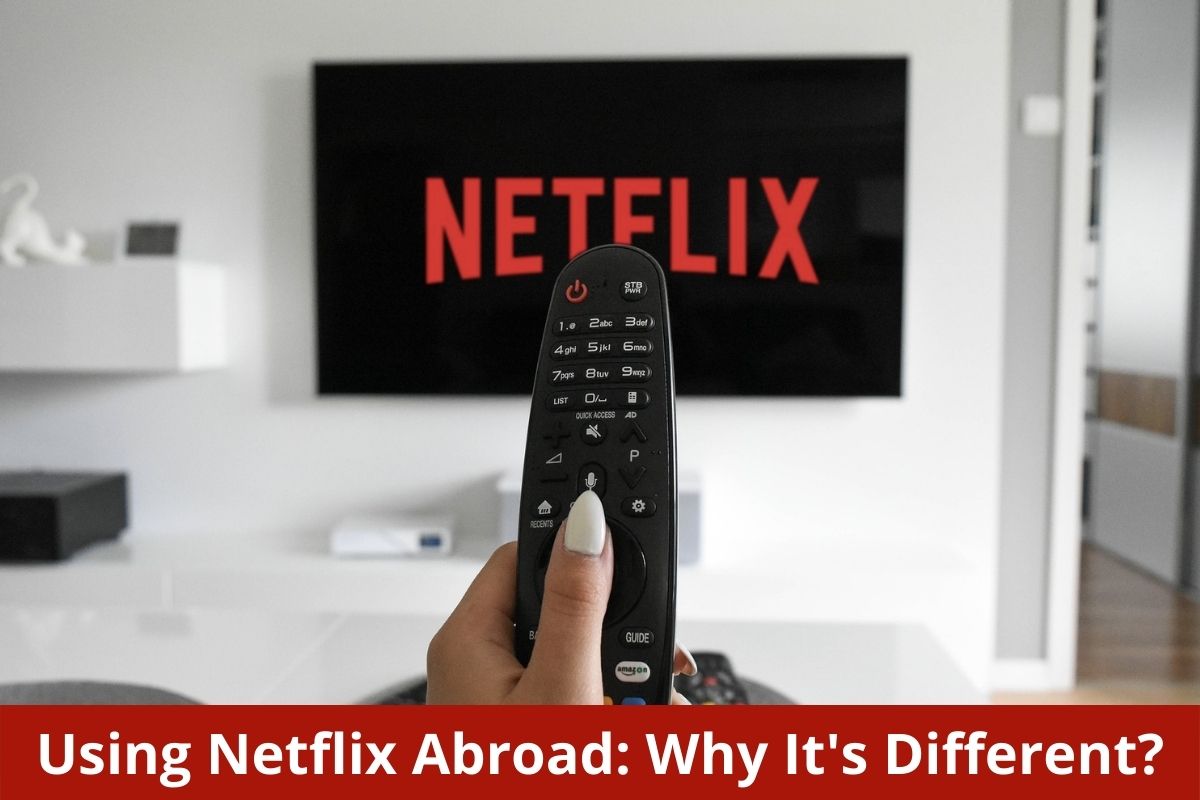There are more than 190 countries where Netflix offers its streaming movie and television service. However, when traveling between countries, your home content may not be available. The reasons why your favorite show may not be available when you cross borders are numerous. In this article, we will take a look at some of the reasons and how you can watch your content even when abroad.
Different Countries Offer Different Shows
There is a considerable amount of investment that goes into each show and movie made by Hollywood studios, and production costs can vary greatly. The cost of producing and marketing big blockbusters can be hundreds of millions versus only tens of thousands of dollars for independent studios. Since there is so much money involved in every film, studios are committed to enforcing copyright as strictly as possible.
Box office sales have always been important to studios, but how movies are received after they leave theaters has changed significantly in the past decade. In the past, pirated VHS tapes were only a small problem, as they were difficult to replicate and sell. In recent years, however, studio profits have been impacted by digital piracy and the transition from physical tapes to online streaming.
Amazon.com and Apple’s iTunes Store have been among the outlets through which studios are selling their movies. Since Netflix has switched from a DVD-by-mail service to a streaming service, its digital content budget has increased, becoming a major revenue source for studios. The value of licensed content on Netflix’s balance sheet increased from $11.8 billion in 2017 to over $17 billion in 2020. To meet different market demands, studios enforce copyright by country. An American hit movie might seem uninteresting in Brazil, and an American comedy might not seem funny to British audiences.
Studios and Netflix understand this, and they charge Netflix more to stream specific titles in certain countries compared to others. It is possible that Netflix will pay the studio-requested price for a title in one country, but not in another due to country-specific deals.
Traveling and Netflix
A global traveler’s access to specific content is governed by the same rules. If you travel to another country, Netflix filters what you can see to avoid conflict with their studio partners. Depending on your location, you may be able to access the Netflix library of that country, which may differ from that of your own.
U.S. residents can view nearly 4,000 movie titles. Traveling to Italy for vacation, however, only gives you access to around 2,500 titles. Using a VPN to change Netflix region can help you overcome this problem. There is no explicit prohibition in Netflix’s Terms of Use against subscribers using VPNs, proxy servers, or other methods of circumventing geographic restrictions.
It’s extremely easy to use Netflix abroad when you have the right VPN. Upon connecting to a VPN, your IP address is changed to one of the countries where the server is located. From Netflix’s perspective, there’s no difference between a user using a VPN to spoof his geographic location from overseas and one who’s actually in that country. Netflix determines the user’s location by their IP address, so it doesn’t care where a user is geographically.
The Bottom Line
In a similar way to Netflix, which streams videos globally, the studios sell their content to earn profits. Netflix negotiates copyright agreements for each territory with studios in line with current copyright laws and agreements. Netflix now has more than 220 million subscribers worldwide, with more than 100 million of those subscribers located outside the United States7.
Being able to offer content without geographic restrictions is important for attracting and retaining new subscribers. To accomplish this, Netflix is ramping up the production of original content. According to the company, it spent more than $17.3 billion on original content assets in 2020. In 2018, it spent $2.9 billion, and in the previous year, $2.9 billion.
